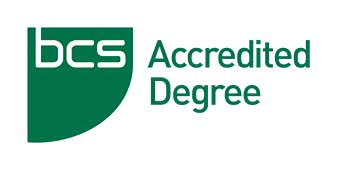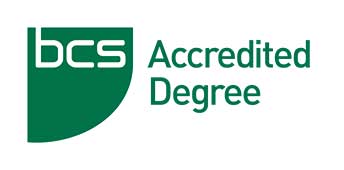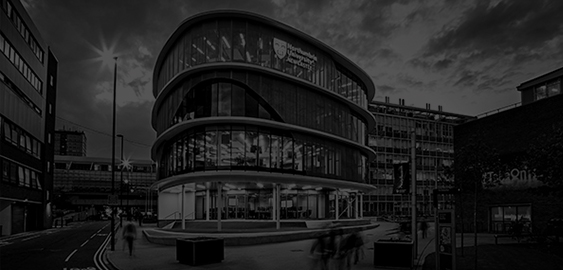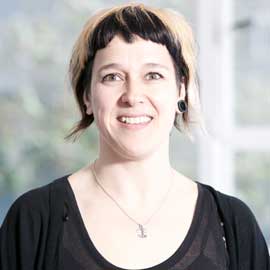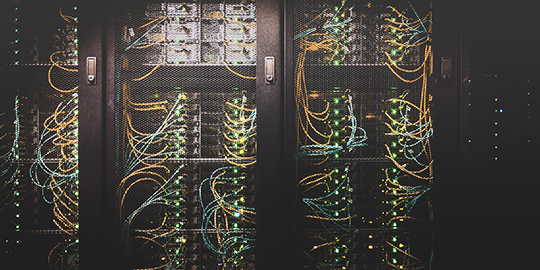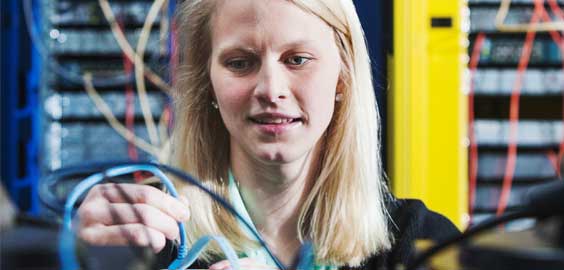Industry practice has strongly influenced the design of the programme to give you the computing knowledge to work within a variety of roles in the sector.
Learning independently, working collaboratively on projects, evaluating and reflecting upon practitioner experience, are all essential skills of the computing profession. Your modules will enable you to do all of this and more as you develop the qualities needed for a career in computing.
The Advanced Practice semester will help you develop a track record of achievement that will help you stand out from other job applicants.
A two-year Masters course, like this one, will carry particular weight with employers. They’ll understand that you’ll have a deeper understanding of topics as well as more hands-on practical experience.
Upon graduating from this course, you will have an in-depth knowledge and critical understanding of the main areas of Computing and Information Technology, including the key areas of systems analysis, systems development, operating systems, networking, databases and the internet .
We place a real emphasis on developing the transferable skills that will open doors to a range of careers. These include communication, analytical and problem solving skills, technical skills and the ability to work independently and as part of a team.
Graduates are expected to work in a number of career opportunities across a wide range of computer areas including software engineering, systems analysis and design, computer networks, database development and management, software testing and project management.
 Option for Placement Year
Option for Placement Year Option for Study Abroad
Option for Study Abroad

